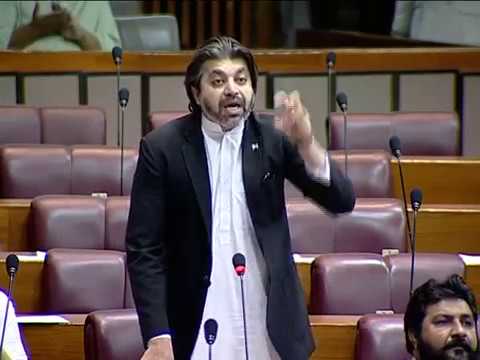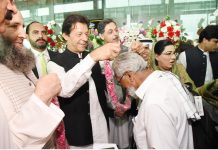مضمون کا ماخذ : ٹربو چارج
متعلقہ مضامین
-
Ahsan urges university-industry cooperation to boost economy
-
ACARI 2025 held
-
Polio eradication drive to begin on Apr 21
-
Bus catches fire on motorway; driver died, 43 passengers rescued
-
CM orders prioritizing public-centric road projects to boost connectivity
-
مالا ریوارڈز آفیشل گیم پلیٹ فارم ڈاؤن لوڈ
-
Opponents doing politics on hollow slogans: PM
-
Interior Ministry told not to appoint civil servants to contract posts
-
Shah unhappy over poor state of SCH
-
Imran emphasises spending on wellbeing of masses
-
Bandits pose as passengers to rob highway travellers
-
جنوب مشرقی آن لائن آفیشل ڈاؤن لوڈ کی مکمل گائیڈ









